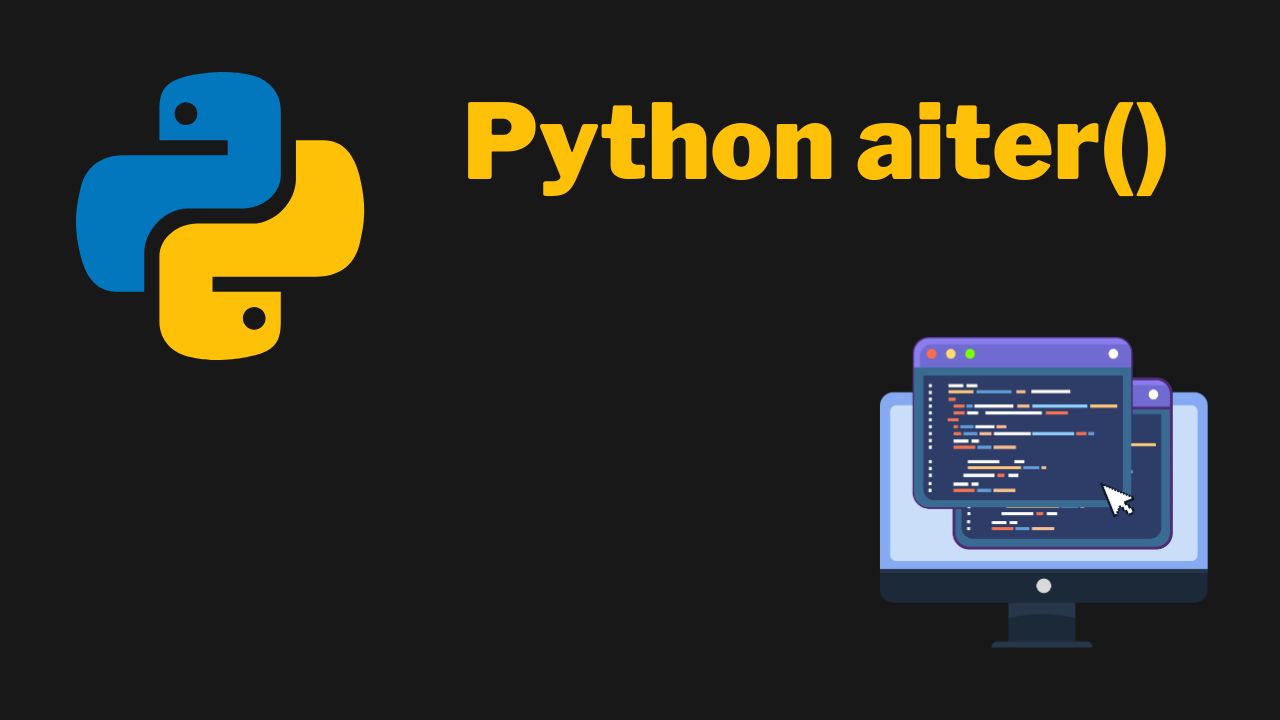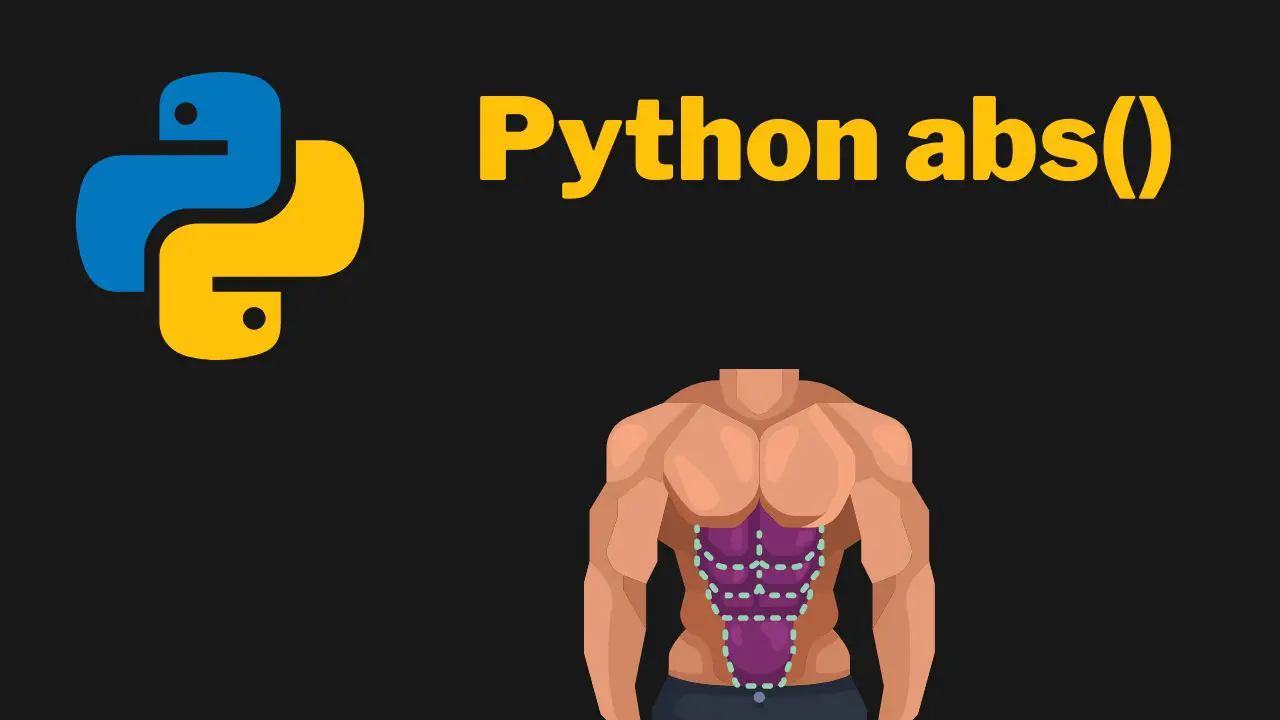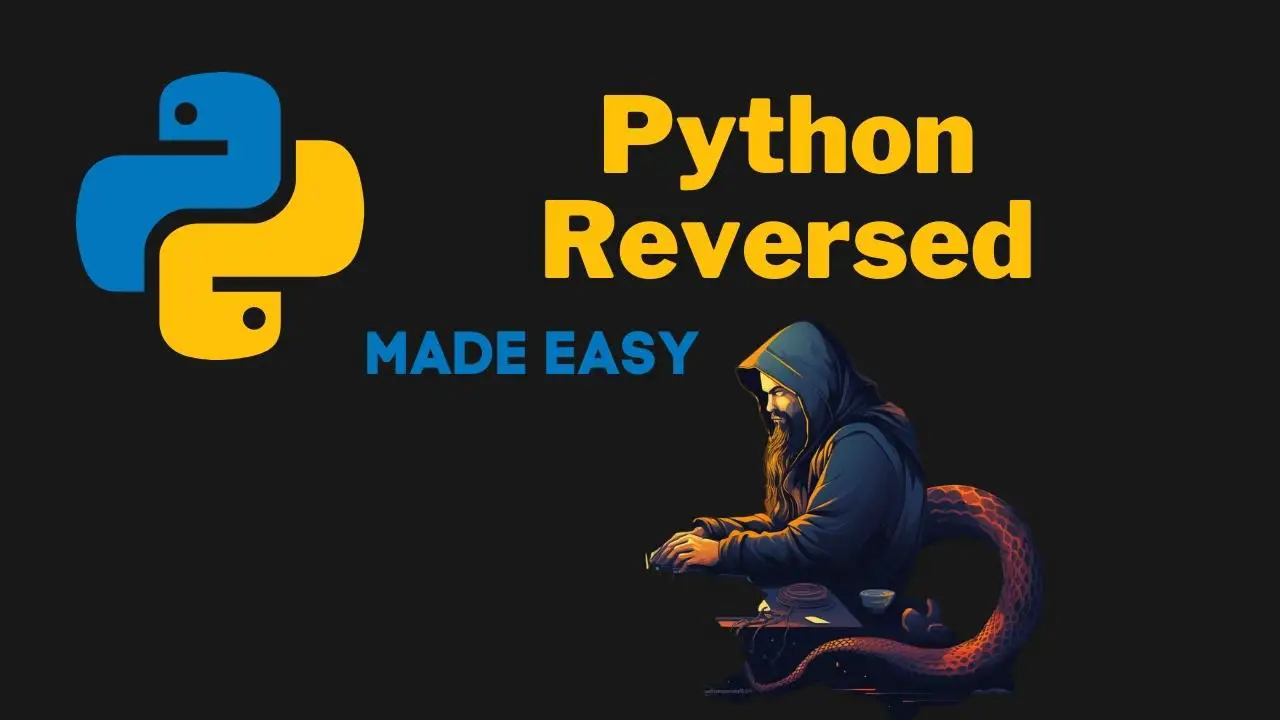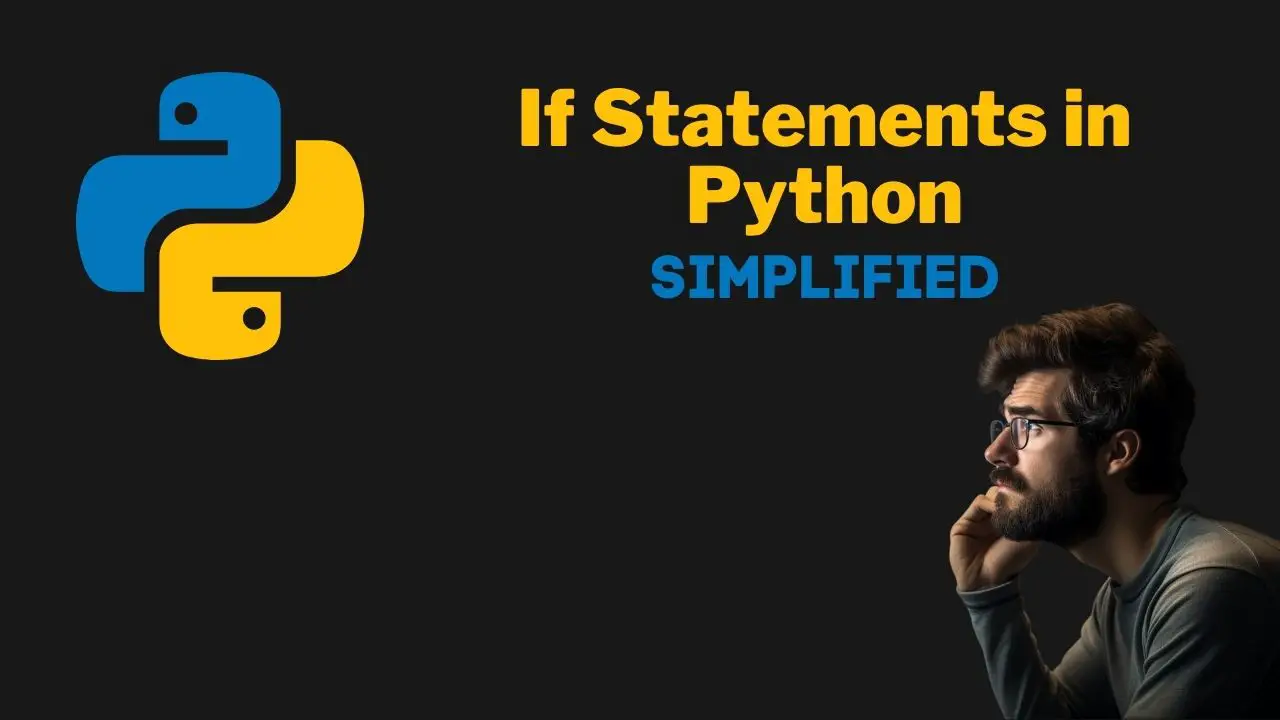Python aiter()
Python aiter() is a built-in asynchronous function that returns an asynchronous iterator object. In simple terms, this allows a developer to loop over large amounts of data without blocking their application’s execution. This can be particularly useful in applications that require heavy computation or networking where delay is expected. Understanding how to work with Python … Read more










